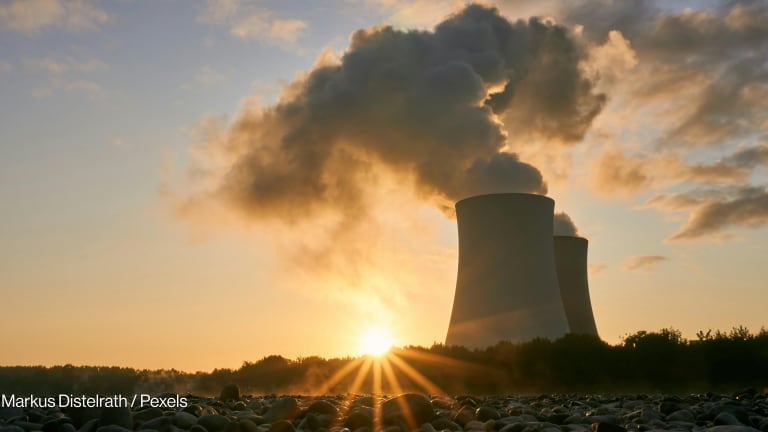World Bank under Trump: What’s next for US influence and funding?
As Donald Trump’s incoming administration focuses on “America First” policies, a transactional approach to foreign aid, and potential cuts to aid funding, its posture towards the World Bank and other multilateral institutions remains uncertain.
Experts consulted by Devex agree that the administration’s approach will depend on which voices prevail within the U.S. Treasury Department and the administration’s overall priorities.
“It’s a matter of who prevails in the argument: is this important for U.S. foreign policy or not that important,” Rob Mosbacher, a former head of the Overseas Private Investment Corporation, the predecessor of the U.S. International Development Finance Corporation, told Devex. “There is no good way of judging that at this point.”
Search for articles
Most Read
- 1
- 2
- 3
- 4
- 5








